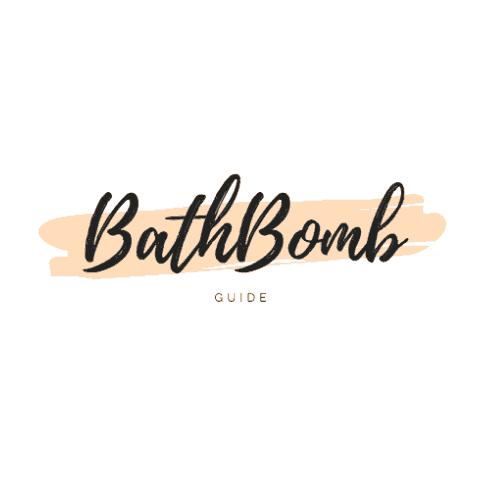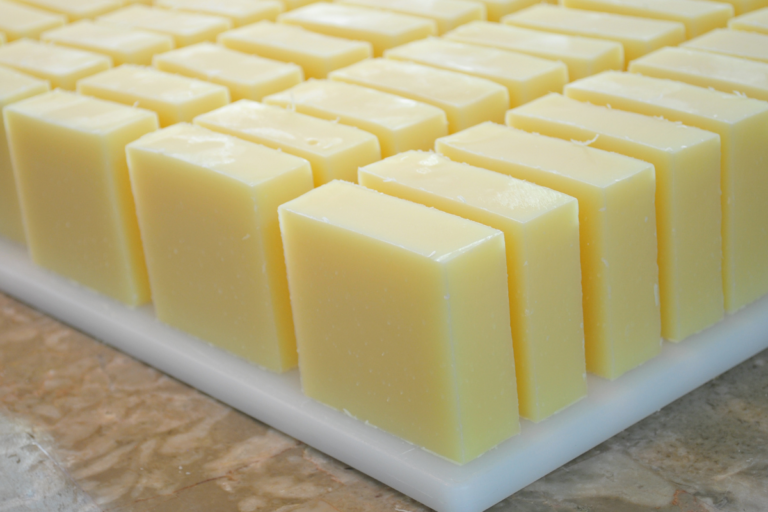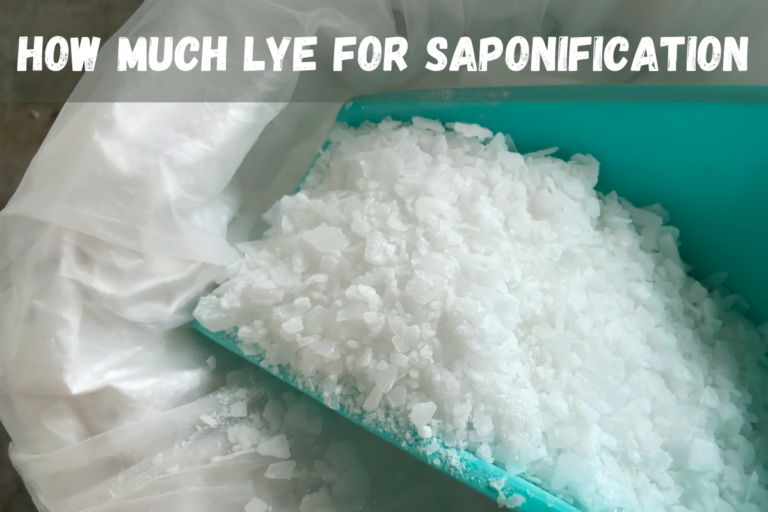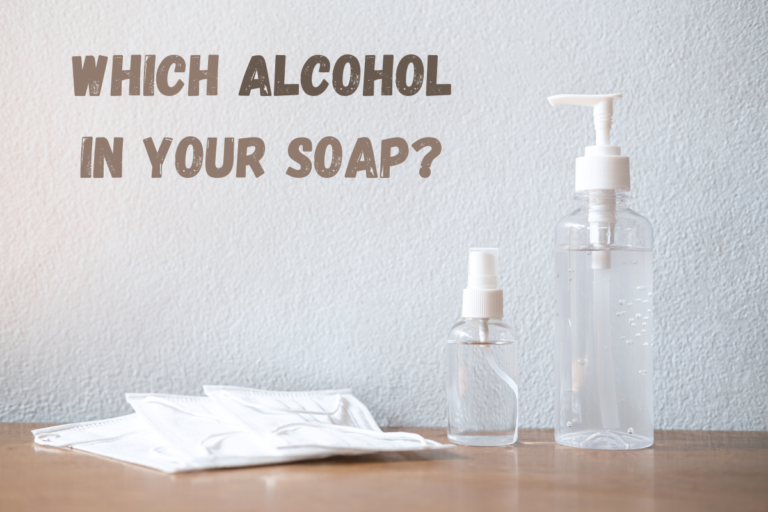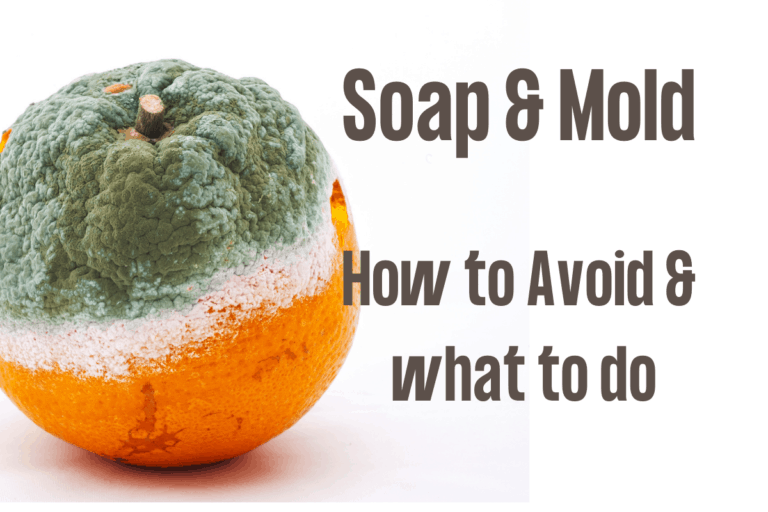Homemade Soap: Biodegradable and Safe for the Environment. (Lye & Phosphates Info)
Is making your own soap dangerous to yourself and others around you. Is it really better than store-bought soaps, and what are all those chemicals in store-bought soaps anyways?
These are all questions I had myself when I first started making my own homemade soap. So I did a little research into this topic and found out the answer to these questions. Hopefully, by reading this article you will be able to find answers as well!
Homemade soap is fully biodegradable and safe for the environment because it avoids the chemical phosphates used in mass production, and concentrates only on the saponification process of lye and animal fats to produce soap, scented and colored naturally.
This is not always the case with mass-produced store-bought soaps, so read on to find out the benefits to the environment you can expect when making your own, homemade, organically friendly soap.
Your Used Soap Has to Go Somewhere
When you use soaps and detergents at home, the residues will all go down the drains and eventually end up in the water system. In most cases, this water is captured, treated and should be relatively safe by the time it finds its way to natural watercourses, the sea, or back in the freshwater system.
When using mass-produced store-bought soap that is not organically produced or environmentally friendly, there will be harmful chemicals, that will need to be extracted from the waste. If you are disposing of this wastewater elsewhere, then those chemicals will be finding their way into natural water sources, and that is plainly not a good thing.
Synthetic chemical ingredients used in soap making, such as sodium lauryl sulfate, or triclosan may cause the death of fish and other aquatic life. These chemicals float freely in our freshwater systems and will eventually find themselves in oceans, rivers, lakes, etc.
Traces of synthetic materials from the detergents that are used to clean your dishes at home are also ending up in water sources where the chemical phosphates will cause algae to grow excessively, killing fish and other wildlife.
Is homemade soap biodegradable and organically friendly?
The main reason that you can make and use organically friendly homemade soap is that you will not be using the chemicals and cheaper synthetic ingredients soap producers often use to speed up production and keep costs down to make a viably profitable business model on a mass-production scale.
Homemade soap can be created to ensure eco-friendliness with biodegradable ingredients such as Lye, vegetable oils, animal fats, essential oils, and distilled water, all of which will degrade swiftly over time.
Soap was biodegradable before mass production
When soap was first invented and used by the Romans and Ancient Egyptians in their bathing habits there were no ingredients synthetically produced using chemicals of course. Today, we will still use the same ingredients used all that time ago.
The whole key to soap making is saponification, the chemical process created by the combination of lye and fats.
Lye is super high in alkalinity, and it is this that breaks down the fats, and thus brings down the alkalinity to a safe level to come into contact with skin. [If you wanted to dispose of a body, Lye would have been the product of choice 100’s of years ago]
Is Lye Dangerous then?
Lye is most commonly referred to as Sodium Hydroxide and can be dangerous in contact with the skin or eyes in either wet or dry forms. It is caustic and is used in all manner of domestic and industrial cleaning products being highly alkaline thus breaking down fats, particularly in unblocking drains.
It is this caustic element and ability to break down fats that makes it key to making soap, the process is saponification, and essentially is the two products chemically reacting to create new molecules, the end product being soap!
Can Soap be made without Lye?
Soap is entirely dependent on Lye being present and in reaction with animal fats, so you can not make soap without Lye. However, if you want to make soap at home and avoid handling Lye you can use melt and pour soap that has already saponified, you just melt and mold.
Chemically produced phosphates are the main protagonist in creating mass-produced soap that is not as safe for the environment as homemade soaps.
You shouldn’t concern yourself with phosphates on a personal level, they are safe to use in products such as soap. They are used for efficacy and production cost reasons, but in the environment, they are not cool.
Ever see foamy water or very green algae-rich water? That is phosphates at work, they are very nutritious to the environment, but there is a fine balance, and it is not always a good thing.
Homemade Soap is Organically Better than Store Bought
Is making your own soap dangerous to yourself and others around you, Is it really better than store-bought soaps, what are some of the benefits of making your own soap at home
Conclusion
